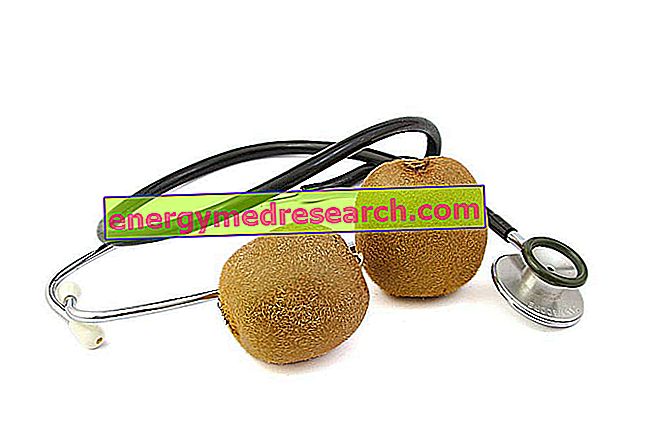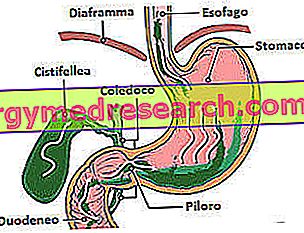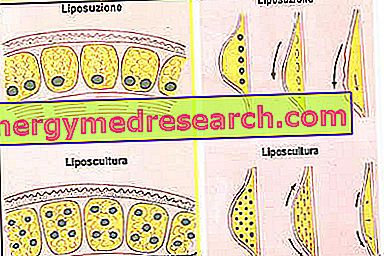
raw kiwi is rich in actinidain or actinidine- type enzymes, or proteolytic enzymes (from the same family as the thiol proteases in papain); these, which represent potentially allergenic molecules, find a commercial use in the meat sector and more precisely as "maturing" agents.
By promoting peptide denaturation, actinidain makes kiwi, pineapple, papaya, mango etc., foods unsuitable for recipes containing milk, other dairy products and collagen-based gelatin. This is because the enzyme begins to digest proteins prematurely, forming clots (lumps, similar to those manifested by the mixing of acid components) or destroying the gelatinous structure and separating the compound.
To overcome this effect of kiwi, the " United States Department of Agriculture " (US Department of Agriculture) suggests cooking the fruit even for just a few minutes before adding it to gelatine or milk and derivatives.
In New Zealand and Australia, sliced kiwi has long been used to garnish whipped cream in the pavlova cake . Furthermore, it can also be used in many other sweet and savory dishes.
From a nutritional point of view, kiwi is a rich source of vitamin C, vitamin K, vitamin E (especially in seeds) and pro-vitamins A.
The pulp and peel contain flavonoids, actinidine and pollen adhered, which can produce irritation of the mouth and throat in allergic individuals.
The kiwi pulp also contains calcium oxalate crystals (rafide), which can irritate the mucous membranes of the pharynx regardless of the hypersensitivity of the immune system.
From the kiwi, more precisely from the seeds, oil can also be extracted. Kiwi seed oil contains on average 62% alpha-linolenic acid, a lipid belonging to the omega-3 group (essential fatty acids).
Usually, a medium-sized kiwi provides about 46kcal, 0.3g of lipids, 1g of protein, 11g of carbohydrates and 2.6g of dietary fiber; the latter are concentrated mainly in the peel, edible in the types of kiwi without hair. Thanks to the high levels of dietary fiber, kiwis are considered moderately laxative foods.
Kiwis contain various carotenoids (pro-vitamins A, antioxidants), including beta-carotene, lutein and zeaxanthin .



